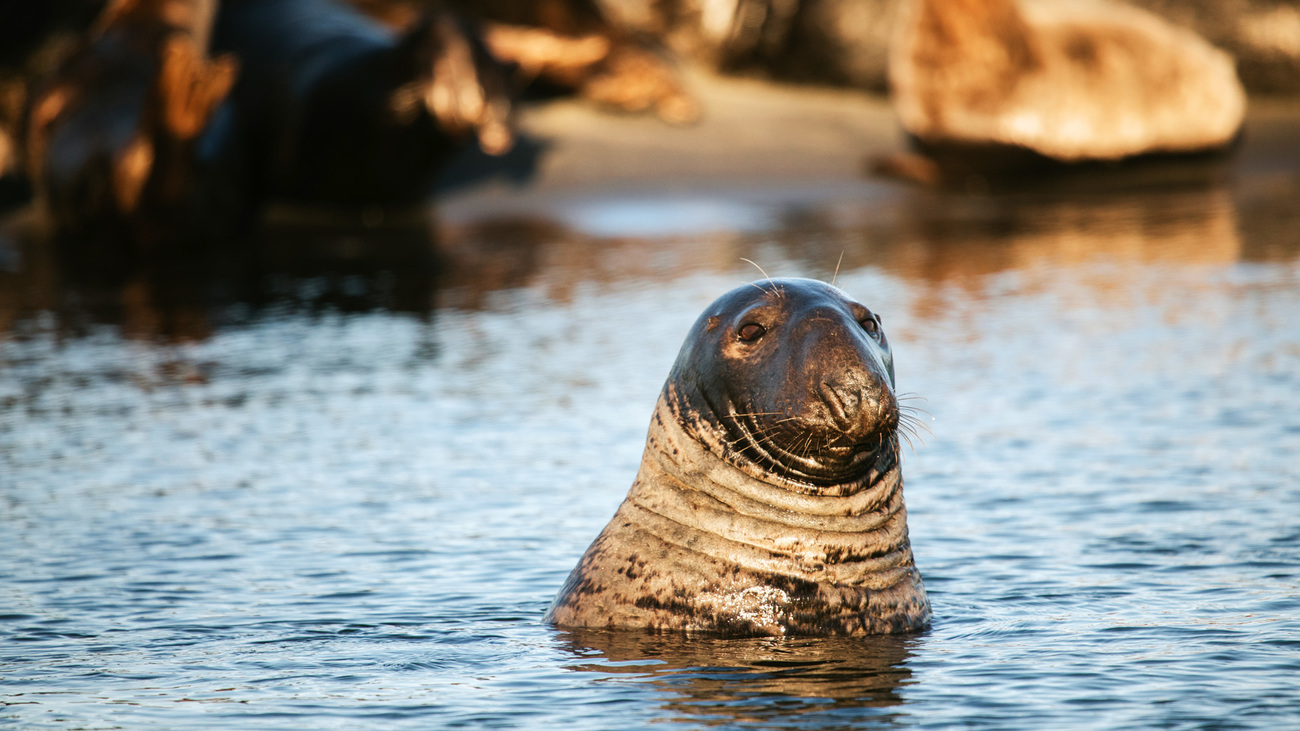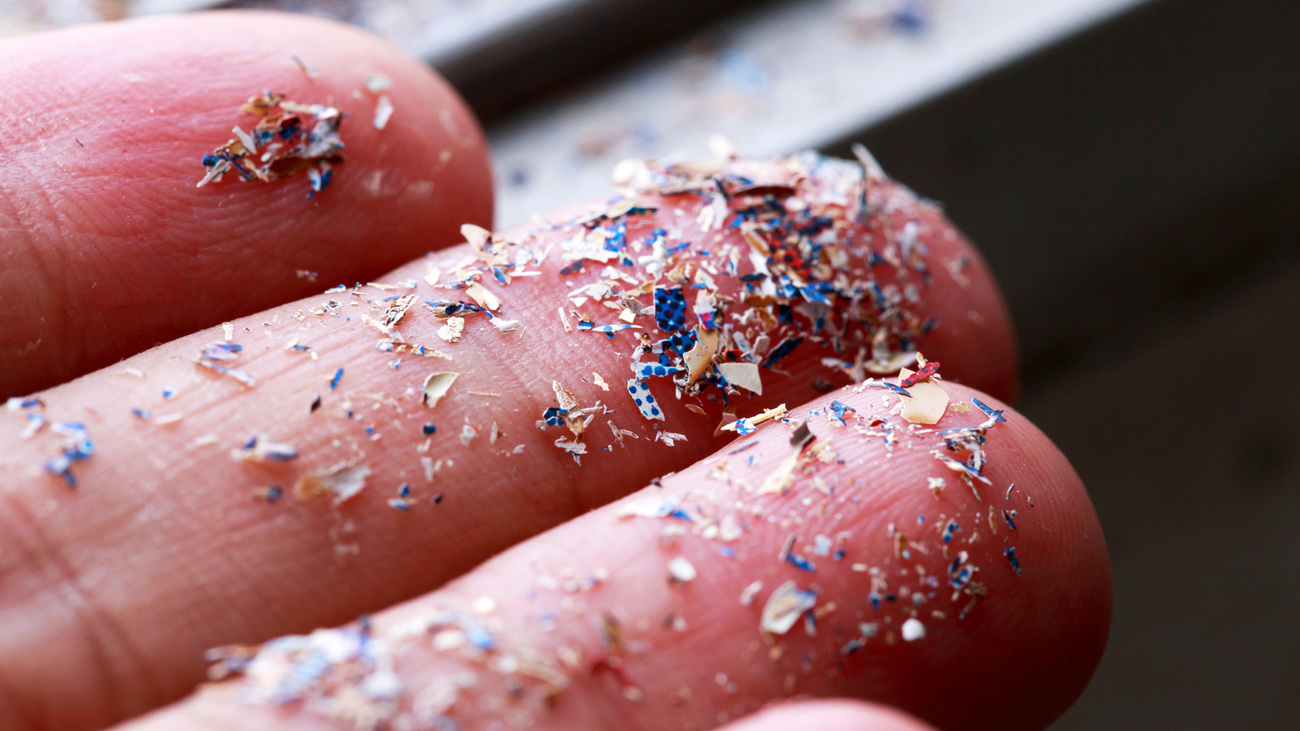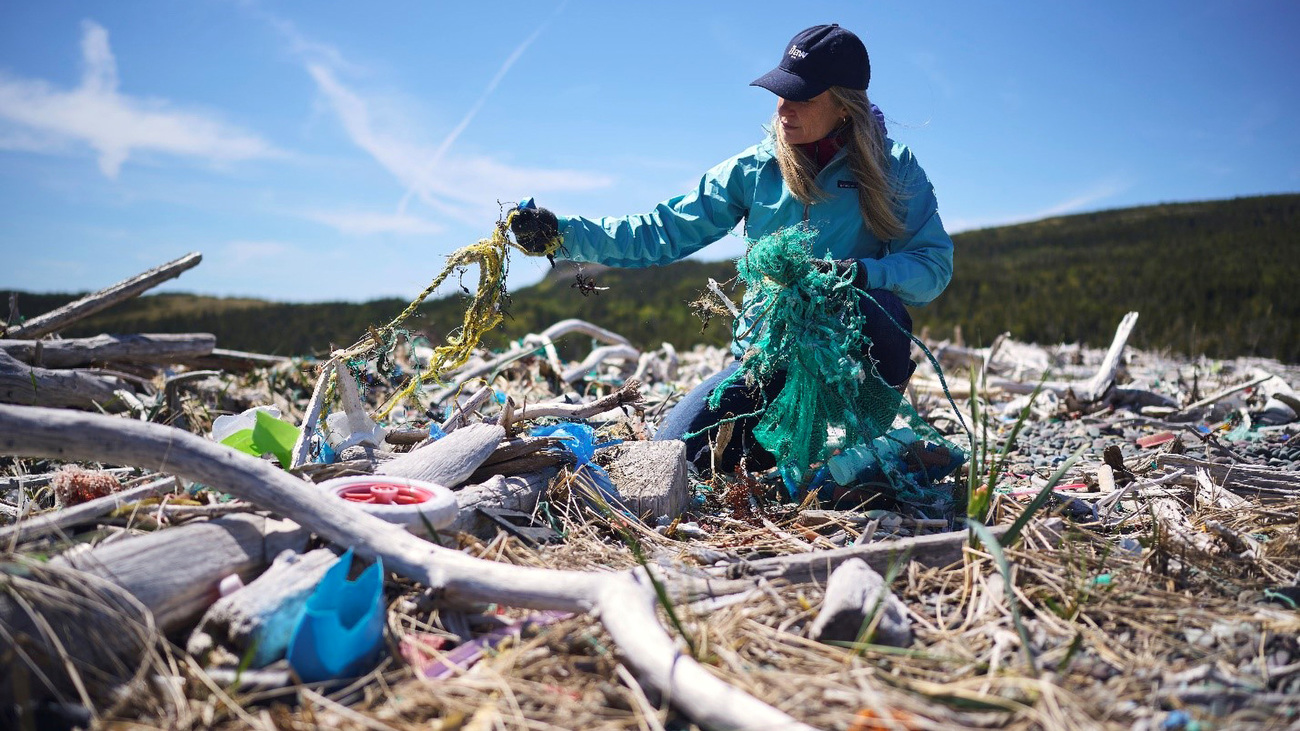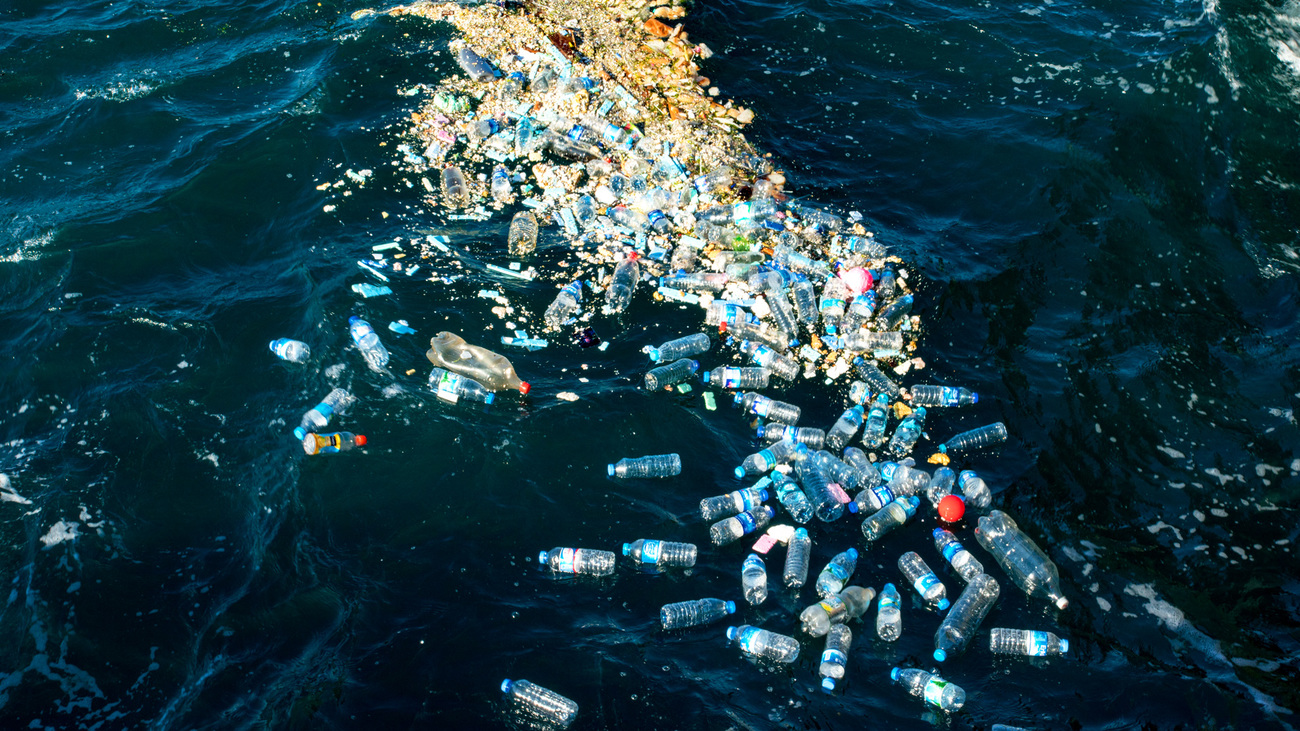15 ways you can help protect the ocean and marine animals
15 ways you can help protect the ocean and marine animals
The ocean is our planet’s largest ecosystem, containing somewhere from 50-80% of all life on Earth. It provides us with more than half of the world’s oxygen and is home to millions of species that play critical roles in their marine ecosystems. And this is just the species we know about, as experts estimate that over 90% of the species in our oceans are yet to be classified.
The ocean also plays an important role in the wider health of the planet. Since the end of the pre-industrial era, it is estimated that the ocean has sequestered 29% of the world’s carbon emissions and holds roughly 42 times more carbon than the atmosphere, showing its importance as a carbon sink.
Alongside these critical ecological roles, the ocean is crucial to supporting human life and society, providing livelihoods for around 10-12% of the world’s population, adding US$1.2 trillion to the economy each year.
Now more than ever, the ocean and the species that inhabit it need our help. Human-caused threats like ocean noise pollution, vessel strikes, and entanglement in fishing gear are threatening the lives of marine animals, while wasting water, overuse of plastics, and irresponsible travel cause direct harm to the ocean. Our actions have an impact, and together, we can build a healthier future for the ocean.
With this in mind, here are some easy steps you can take to protect marine animals and critical ocean habitats.
Conserve water and reduce runoff

Like many of our planet’s resources, water is in limited supply and efforts must be made to conserve as much of this precious resource as possible. In the US, household leaks alone waste an estimated 900 billion gallons per year, with even more lost due to inefficient and wasteful usage.
All water eventually finds its way to the ocean. Unfortunately, contaminated water can carry harmful chemicals that kill marine life and produce dangerous algal blooms. With approximately 80% of the ocean’s pollution coming from the land, with a large portion of this in the form of runoff, steps need to be taken to reduce the amount of contaminated water that ends up in our oceans.
Here are five ways to reduce runoff and conserve water.
- Take shorter showers: Reducing showering time by just one minute can save 1.8 gallons (8 litres) per shower.
- Use a rain barrel to collect water for your garden: This water can then be used for many things around the home, such as watering plants or, after purification, even drinking and washing.
- Turn off automatic watering systems in your yard when it rains: If possible, set a timer so that automatic systems only operate during limited hours, and consider switching off systems entirely during wetter seasons
- Limit laundry days to when you have a full load: You can also wash smaller items by hand rather than using a full machine to clean them.
- Turn the water off while brushing your teeth: Turning off the faucet when brushing your teeth can save up to 8 gallons (30 litres) of water per day.
Reduce plastic usage

It is estimated that approximately 1.7 million tonnes of plastic end up in the ocean each year. This waste has devastating consequences for marine species and damages the planet as a whole.
Birds, dolphins, whales, and turtles become entangled in plastic and die from suffocation, starvation, or drowning. If consumed, tiny particles of plastic called microplastics can cause fatal health issues for marine animals. These issues are amplified up the food chain and cause huge downstream consequences for the entire ecosystem.
To help protect marine life from the dangers of plastic, you can…
- Refuse plastic straws at restaurants and bars: Ask for a paper straw if they have one or drink without a straw. You can also purchase a reusable glass straw and bring it with you.
- Ask for no plastic silverware when ordering takeout: In the UK alone, 2.7 billion items of single-use cutlery and 721 million single-use plates are used each year. If you have reusable silverware at home, why not use it?
- Carry a reusable water bottle: Disposable bottles kill an estimated 1.1 million marine animals each year. We can help reduce this by using reusable bottles.
- Recycle at home and at the workplace; Less than 10% of our plastic waste is recycled, with most of it ending up in landfills or the environment.
- Participate in neighbourhood and beach clean-ups: Find local or nationwide initiatives and projects in which you can participate.
Become a responsible traveller

Travelling is a great way to see new places and appreciate the beauty of coastal ecosystems. However, it can also be extremely damaging to the environment. Air travel alone contributes an estimated 2.5% of all global CO2 emissions each year, with tourism as a whole responsible for 8% of yearly global emissions.
This is before accounting for the impact tourists themselves have on both terrestrial and marine environments. One study found that marine litter in the Mediterranean region increased by a staggering 40% during the tourist season, and a survey of mountaineers found that 99.7% said they saw litter every time they went on an expedition.
While travelling it is important to remember to be aware of your impact on the environment and make sustainable decisions. To become a more responsible traveller, you can…
- Respect marine animals and their wild spaces: Only interact with marine ecosystems under the guidance of professionals to minimise disruption to plant and animal life
- Take photos at a safe distance away from animals: Not only can wild animals be dangerous, but you can also cause them great distress and harm if you encroach on their habitats and space.
- Clean up after yourself when visiting beaches and natural spaces: Littering damages the environment and may introduce invasive species to ecosystems.
- Before travelling, research the region’s local seafood and fishing practices to help you make sustainable food choices: Ask questions in person and look for sustainable seafood certifications in restaurants.
- Partake in eco-tourism activities that support local communities: There are projects running all over the world that you can get involved with. Find opportunities to help the local ecosystems where you are travelling that also support the livelihoods of local people.
We can all do our part

Protecting our oceans and marine species is a job for everyone. Hopefully, these tips have given you some ideas for the steps you can take to help protect our oceans and minimise the impact you have on marine environments.
IFAW is committed to safeguarding and restoring our oceans through thoughtful, equitably-led, and sustainable projects all around the world. Our Blue Speeds initiative is focused on reducing shipping speeds to help lower ocean noise, while our campaign to save the North Atlantic right whale seeks to reduce threats like entanglement and vessel strikes.
Explore our projects to find out more about the work we are doing around the world and learn how you can help, whether through donations, signing petitions, or following our 15 tips to protect the ocean. Together, we can save our oceans and ensure they continue to thrive long into the future.
Related content
Our work can’t get done without you. Please give what you can to help animals thrive.